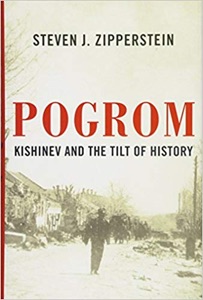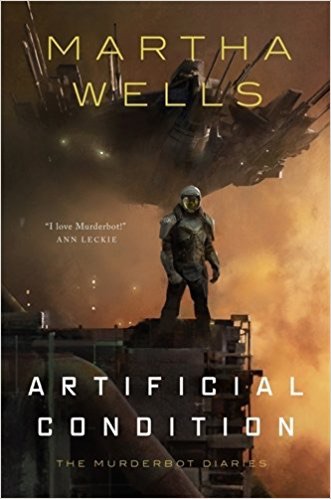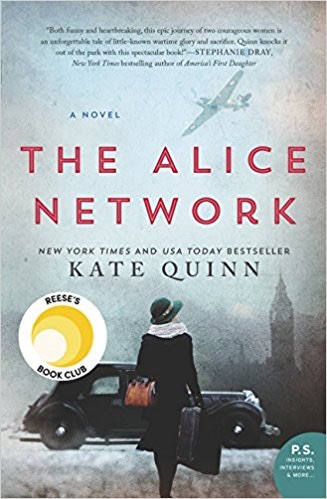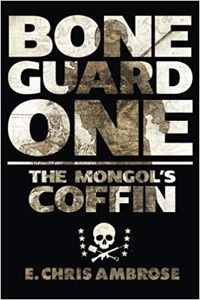One day in April 1903, a bunch of school kids in the small city of Kishinev started throwing rocks and slogans at some houses where Jews lived. That wasn’t unusual. But things got out of hand this time: three nights of rioting follower, 49 Jews were killed, hundreds were raped, and the whole world was watching. Correspondents poured into Kishinev from London and Dublin and New York. Hayyim Nahman Bialik composed an epic poem, In The City of Slaughter, that would become a staple of Hebrew studies for generations. At the same time, a far-right newspaper editor in Kishinev concocted an imaginative libel, the Protocols of the Elders of Zion, that captured a lot of attention as well. Zipperstein captures the time and place with care and intelligence.
December 23, 2018 (permalink)






